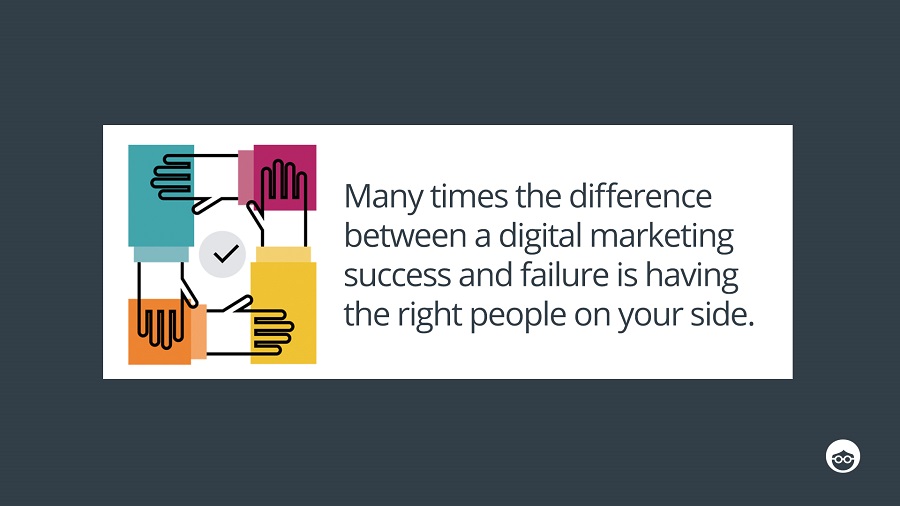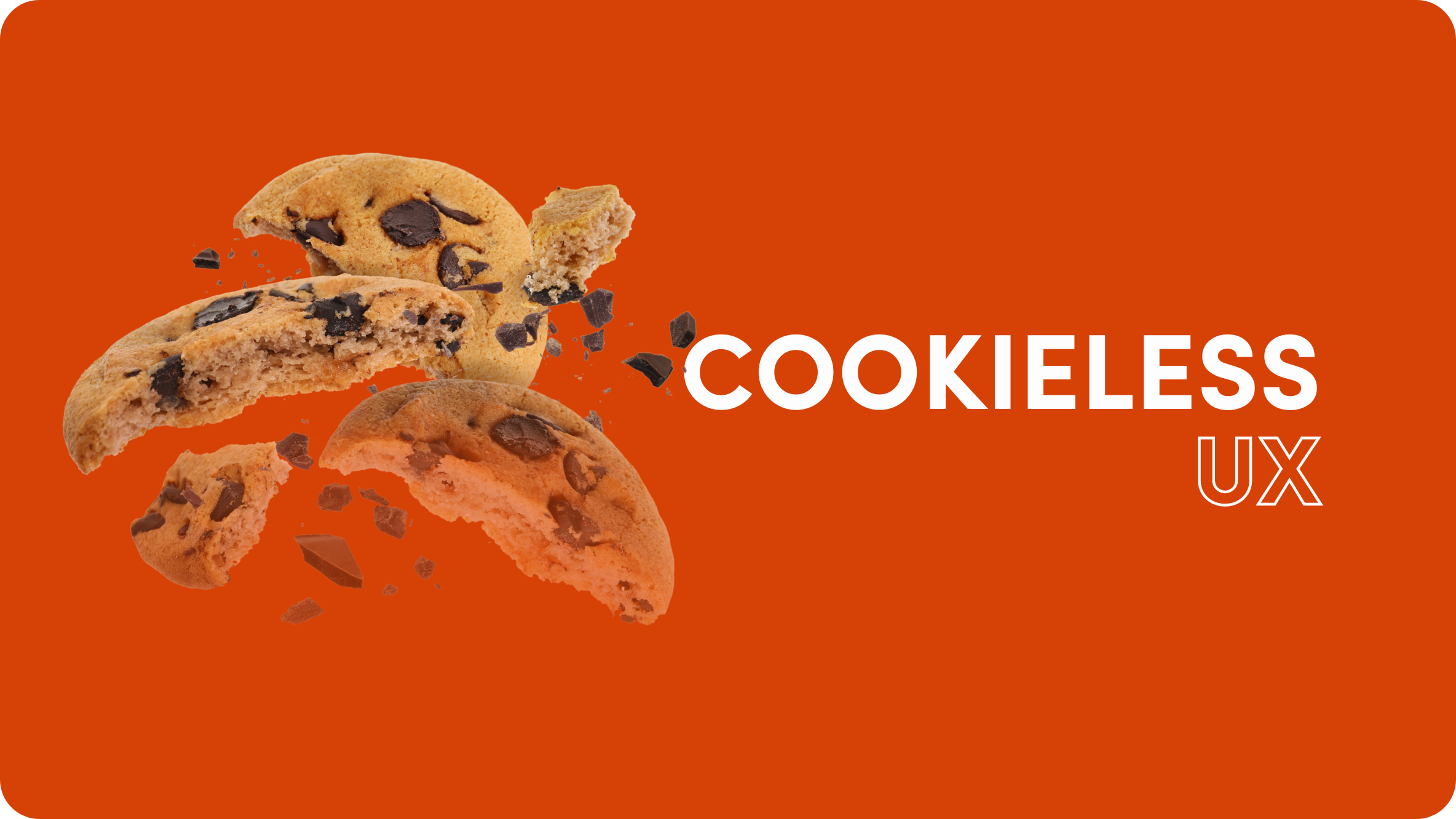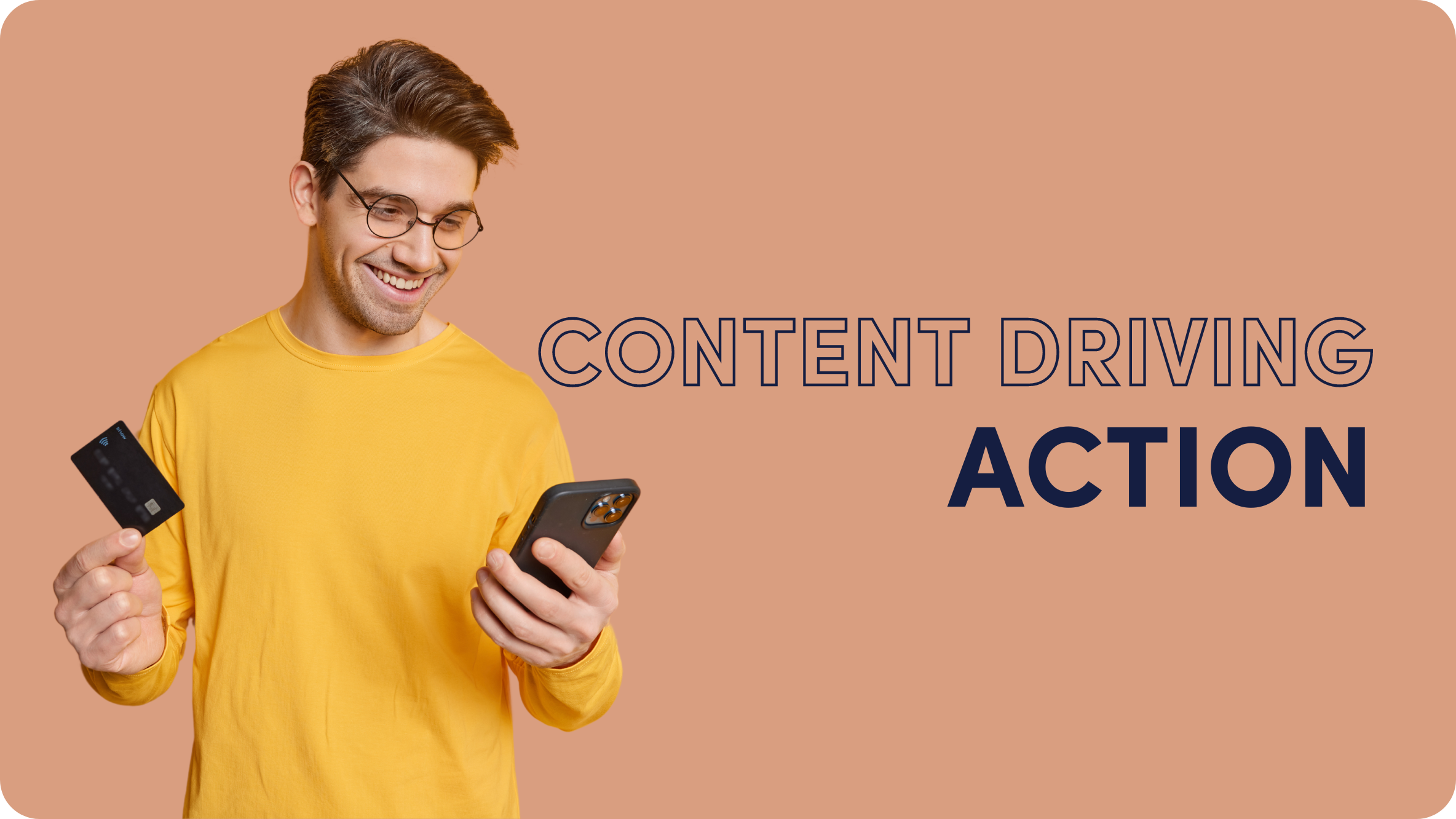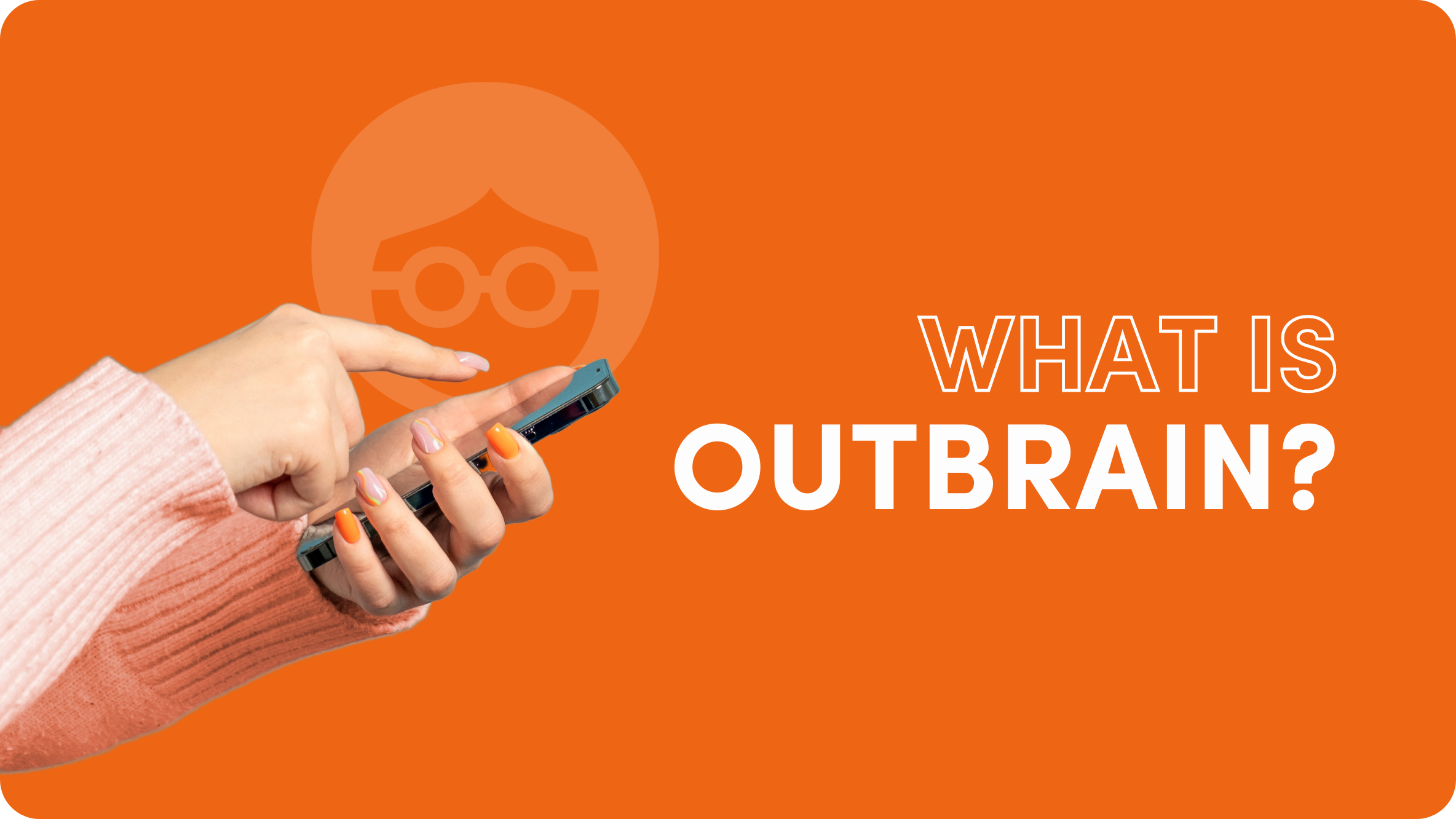9 Essential Roles for a Successful Digital Marketing Team

Putting together an effective digital marketing team might seem like a tall order. In fact, many times the difference between a digital marketing success and failure is having the right people on your side. But a little planning and some creative thinking is all you need to build an impactful crew.
In this blog post, I outline the essential roles that form a successful digital marketing team and the functions of each. Plus, I’ll show you how to creatively mix and match to create a comprehensive digital marketing team that fits your internal skills and resources.
The Essential Roles
- Project manager
- Strategist
- Content writer
- Graphic designer
- SEO specialist
- Pay-per-click (PPC) manager
- Front-end developer
- Email marketing/marketing automation specialist
- Social media manager
Project manager
Marketing teams are notoriously spread thin. They’re responsible for fulfilling different needs for lots of departments—and prioritization is often a big challenge.
The project manager serves as a liaison between your digital marketing team and the rest of the organization. Half of this role is to manage the team, while the other half is to manage all incoming requests from the other departments, making sure everyone gets what they need.
Strategist
Impactful marketing starts with a good plan and a solid understanding of who your audience is and what matters most to them.
But while the team is creating content and supporting initiatives, it’s easy to lose sight of a broader marketing and business goals. That’s why a strategist is so important.
Your strategist is in charge of:
- Identifying buyer personas
- Mapping the customer journey
- Understanding keyword opportunities
- Establishing key success metrics
- Ensuring all marketing activities align with broader business goals
- Measuring and optimizing content for performance
Your strategist should serve as a brand editor, ensuring everything published checks all those strategy boxes.
Content writer
All your marketing planning and brilliant ideas won’t make a bit of difference if you don’t have someone talented creating your content.
It’s best if you find a diverse writer who can create all types of content outlined in your content marketing strategy, including:
- Blogs
- Website content
- Automated email copy
- Sell sheets
- Gated pieces like eBooks and white papers
Though many organizations like to keep content creation in-house, this role is prime for outsourcing. There are plenty of freelancers and content marketing partners willing to help you turn your marketing objectives into engaging content.
Content writers should have extensive SEO knowledge and be skilled at writing in a number of voices for a variety of audiences. Make sure you evaluate any potential content partners thoroughly.
Graphic designer
Striking visual elements are no longer a “nice to have.” They’re central to your brand and necessary to cut through the digital noise. Visuals help your audience understand and remember the message more effectively than text alone.
Every piece of content you create should have a design element. While you might be able to get away with using stock photos, if you want custom designed elements, you’ll need a professional graphic designer. If you’re looking for a single project like an eBook or infographic, you could use a freelancer or an outside design partner. If you go this route, make sure you vet them as thoroughly as you would a content writer.
SEO specialist
If your content isn’t found in a search, it will likely not be found at all. In fact, many users don’t go past the first search results page. That’s why an SEO specialist is critical to digital success.
Your SEO specialist should love and live in Google Analytics, and also be a master of any SEO tools you use. At Brandpoint, we use free tools such as Google Analytics and Search Console, plus paid tools like SEMrush and SpyFu to help us and our clients keep a finger on the SEO pulse.
Your SEO specialist ensures all digital content is optimized for search, updating things like headlines, image alt text, and metadata for optimum rankings. They are also in charge of owning and updating your SEO and keyword strategies and conducting SEO audits to identify existing content in need of optimization.
Ideally, everyone on a digital marketing team should be an SEO expert on some level, but having a dedicated specialist can be a terrific asset.
Pay-per-click (PPC) manager
In almost all realms of marketing, content promotion and advertising is a critical element of success. Tools such as Outbrain and AdWords are tremendously powerful in driving traffic and growing an audience.
But they also require lots of monitoring, updating, testing and optimizing. It’s very beneficial to have someone dedicated to this role, whether you do it in-house or find an outsourced partner.
Front-end developer
While this might seem like a “nice to have” role, a front-end developer can be an incredibly useful resource.
Front-end developers are experts at creating calls to action, building landing pages, implementing structured data, and designing and building any forms and pop-ups you may want to use. If you’ve got a strong CMS like WordPress and good templates, you might be able to learn as you go. But most marketing assets are easy, quick work for a talented developer.
Email marketing/marketing automation specialist
Effective email marketing and marketing automation can be huge undertakings, involving:
- Database management
- Smart audience segmentation
- Robust engagement and lead-scoring strategies
If you’re using either email marketing or marketing automation, you understand it’s certainly enough to keep one person busy, so it pays to have someone own it. Other responsibilities, like creating the emails, can most certainly be shared among others on the team.
Social media manager
If your audience is active on social media, you need a social media and community manager right there as well.
Social media isn’t just a place where people share silly GIFs and photos of their kids. It’s a place where your brand can use your own content (and some curated content) to engage with your audience on a personal level.
It’s also a high-stakes customer service channel. If people aren’t happy with your social customer service, it could drive away some of your existing customers.
A customer- and audience-centric social manager could be one of your best customer retention assets.
How to combine roles effectively
While these are all essential functions and responsibilities of a digital marketing team, few organizations have either the resources or the need for dedicated people in each of these roles.
Depending on the size and strengths of your marketing team, think of ways to combine two or more of these functions to ensure you have a well-rounded approach to your digital marketing efforts.
For instance, your content creator might be an ideal social media and community manager. He has a close relationship to the content itself as well as a deep understanding of who the audience is and what they value.
Likewise, your project manager might also be a perfect strategist. She’s deeply in tune with the needs of the organization as well as the overall business goals the marketing team supports. She knows the company’s priorities and can help translate that into a strong content strategy for the rest of the team.
To effectively combine these roles, just think about the strengths of the individuals on your marketing team and how those align with the needs and functions of each role.
A note on outsourcing
If some roles are critical to your success but you just can’t handle them internally, consider outsourcing. In my opinion, aside from the project manager role, any of the roles listed above are “outsource eligible.”
There are freelancers and agencies in any of those fields that can provide your team with the support you need. Just make sure to vet your outsourcing partners as critically as you would a candidate you were looking to hire.
Strike the right balance
To start the process, identify your organization’s business and marketing goals, outline the roles necessary to support those goals, and think creatively about how to match the strengths of your existing team to those roles.
The result will be a lean, agile digital marketing team ready to take on whatever your organization can throw at it.












